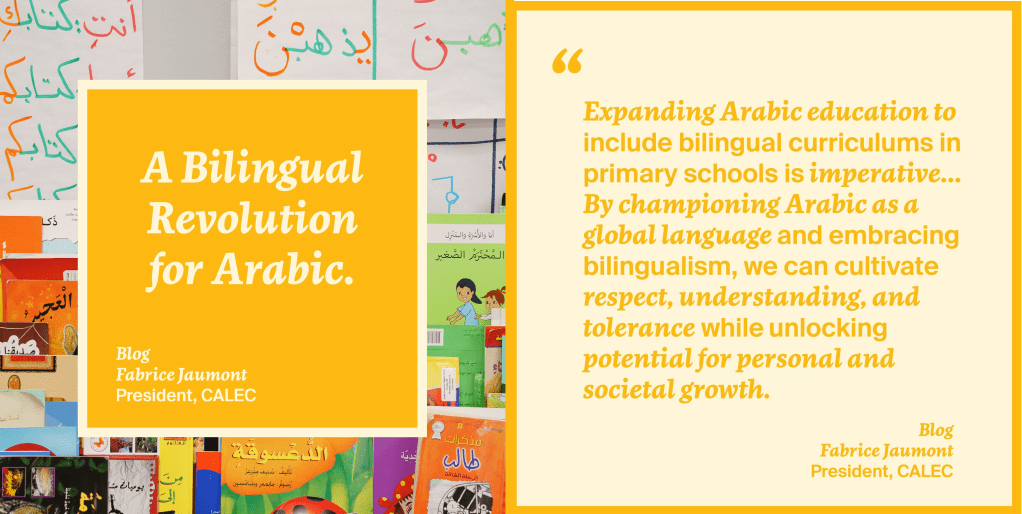
I was thrilled to participate in the symposium on Arabic Language Learning in Europe: Realities of Policy & Practice, which took place in Brussels on May 8-9. As a language enthusiast, I have always been interested in the importance of language learning in education policies. I believe that the recognition of Arabic as the fifth most spoken language in the world is a significant development that warrants attention from language educators and policymakers.
Despite this acknowledgment, Arabic is not a mainstream offering in primary and secondary schools outside the Arab world, rendering it an unrealistic choice for students who want to learn the language. The symposium provided a unique opportunity for approximately 40 policy makers, academics, and practitioners from the language education and Arabic fields to engage in structured dialogue on key issues related to teaching Arabic as a modern foreign language in schools across Europe.
The symposium was organized by Qatar Foundation International (QFI), an organization that had been operating for over 10 years in North America and the United Kingdom. QFI had recently expanded its programming to Germany and Italy, and was beginning to make inroads into the European Union. This symposium marked a significant step for QFI as it brought together key stakeholders across the European Union and the United Kingdom who were working on Arabic or languages. The goal was to create a platform for partners and potential partners to network, share experiences, and better understand the current context and players. The symposium aimed to identify synergies and articulate opportunities for collaboration and growth.
As a language enthusiast and educator, I was excited to participate in this symposium and eagerly looked forward to engaging with other stakeholders in the language education and Arabic fields. I believe that the symposium offered a unique opportunity to explore the challenges and opportunities in teaching Arabic as a modern foreign language and helped us identify ways to promote language learning in educational policies. Ultimately, I am convinced that such events would contribute towards creating a more connected and multilingual world, where languages are not just learned, but also celebrated.
In conclusion, the symposium shed light on various challenges and opportunities in the field of Arabic language education. It was an occasion to address issues such as teacher supply, curriculum development, and assessment. The event underscored the importance of stakeholders working towards creating a more inclusive, diverse, and effective approach to teaching Arabic. This would promote the language’s status as a global language and contribute to a richer understanding of the Arab world and its cultures. By embracing bilingualism and championing Arabic as a global language, societies could work towards fostering respect, understanding, and tolerance, while harnessing the potential for personal and societal growth.
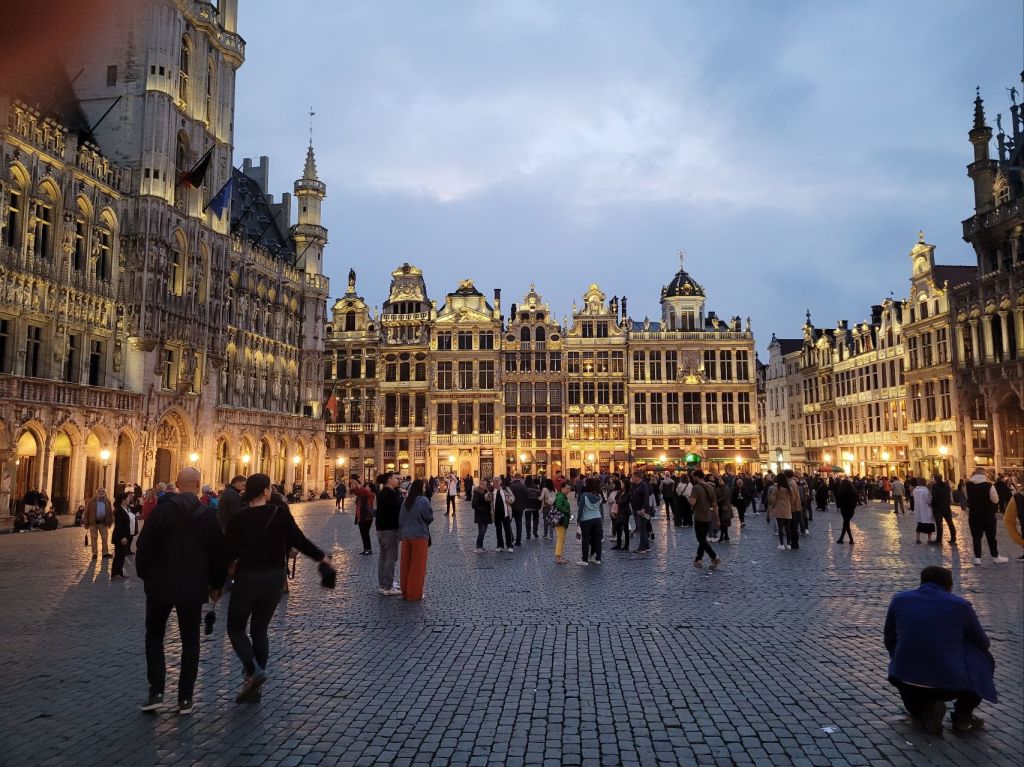
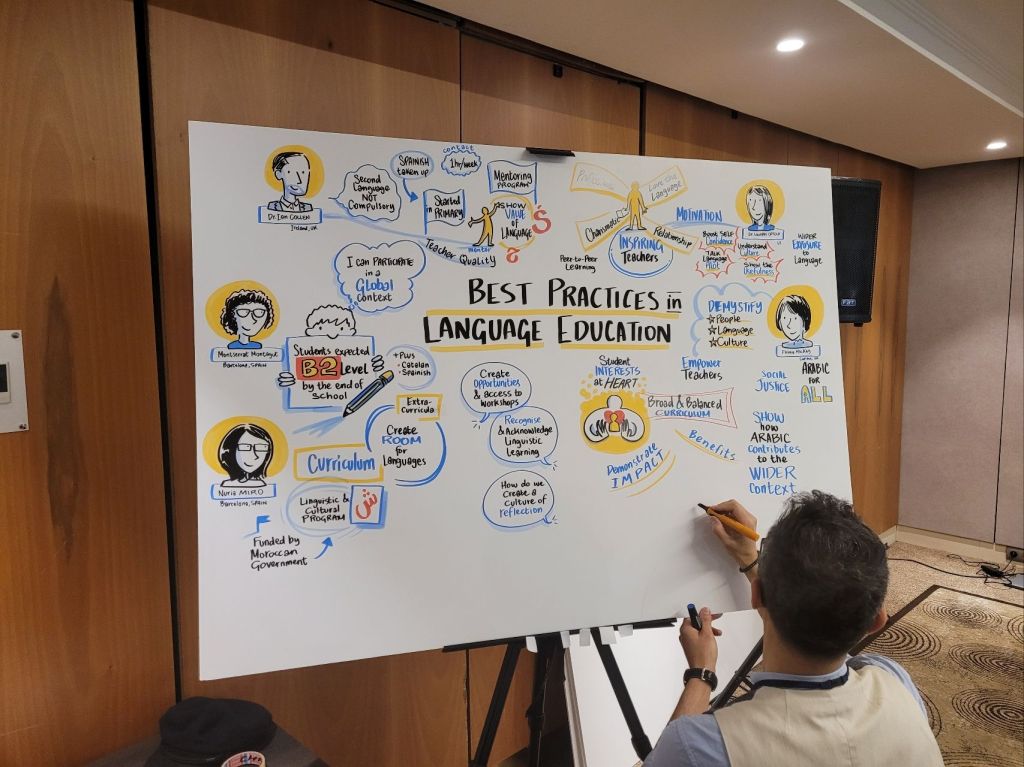
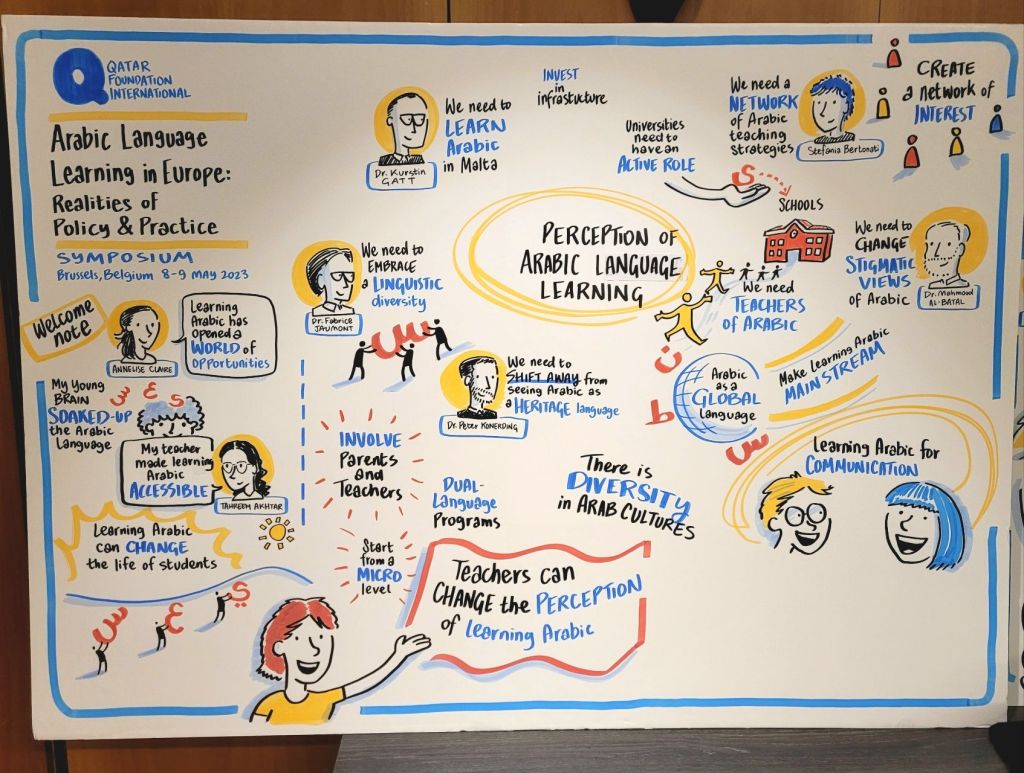
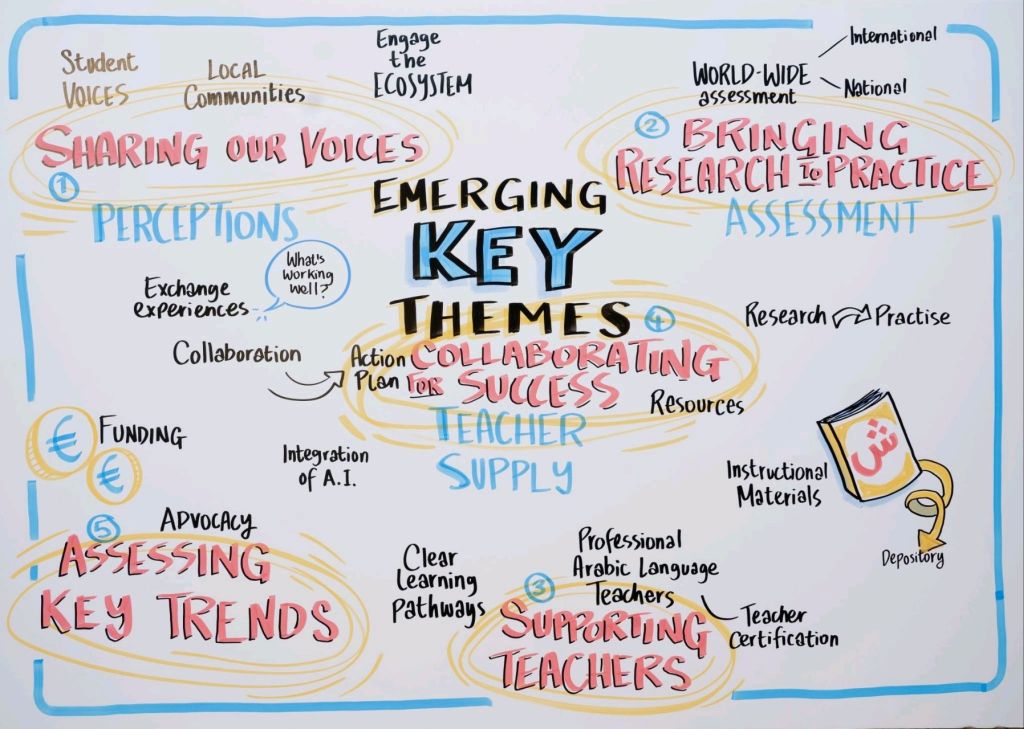

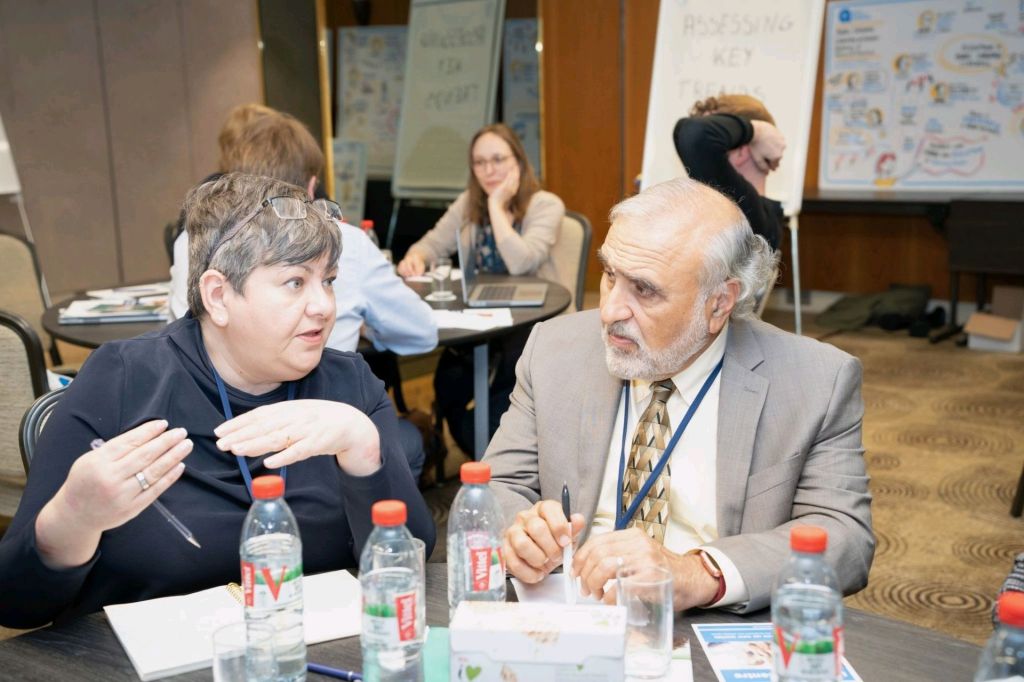

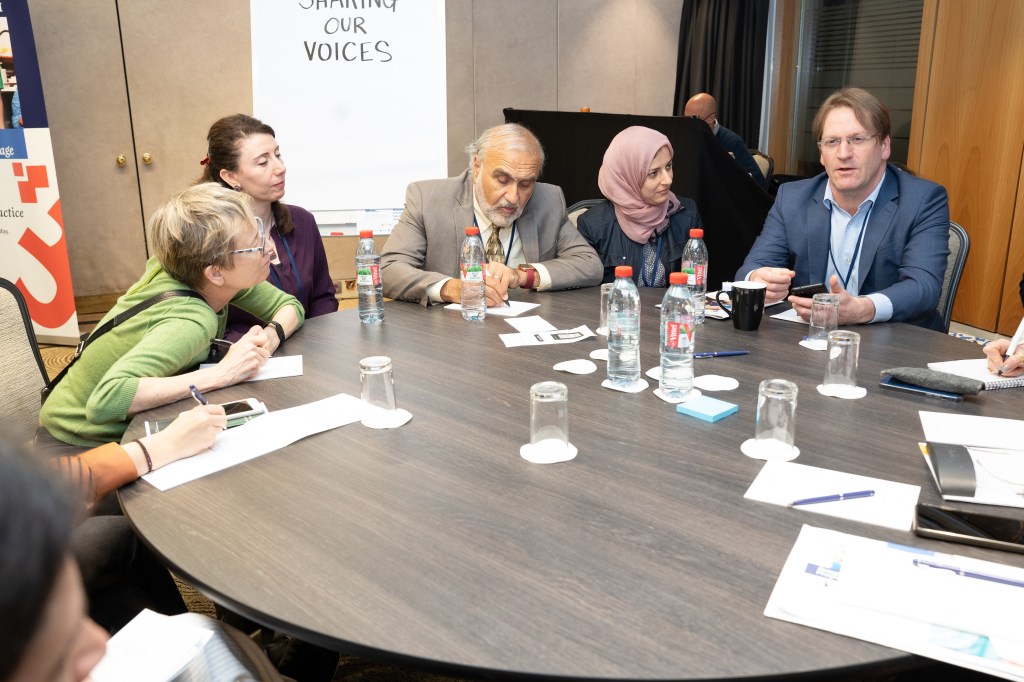
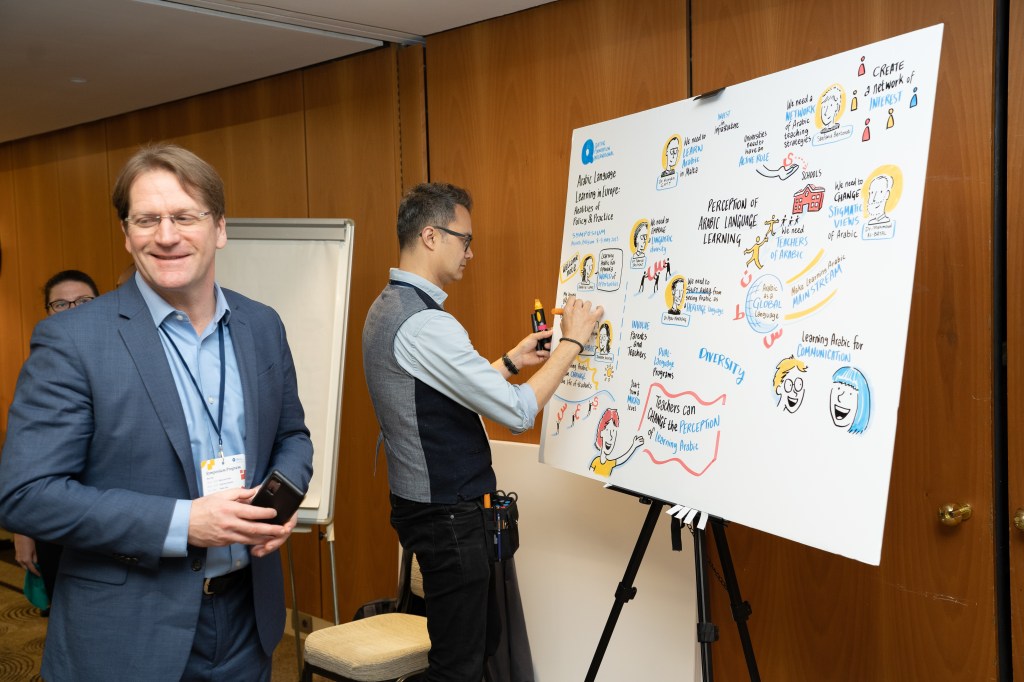
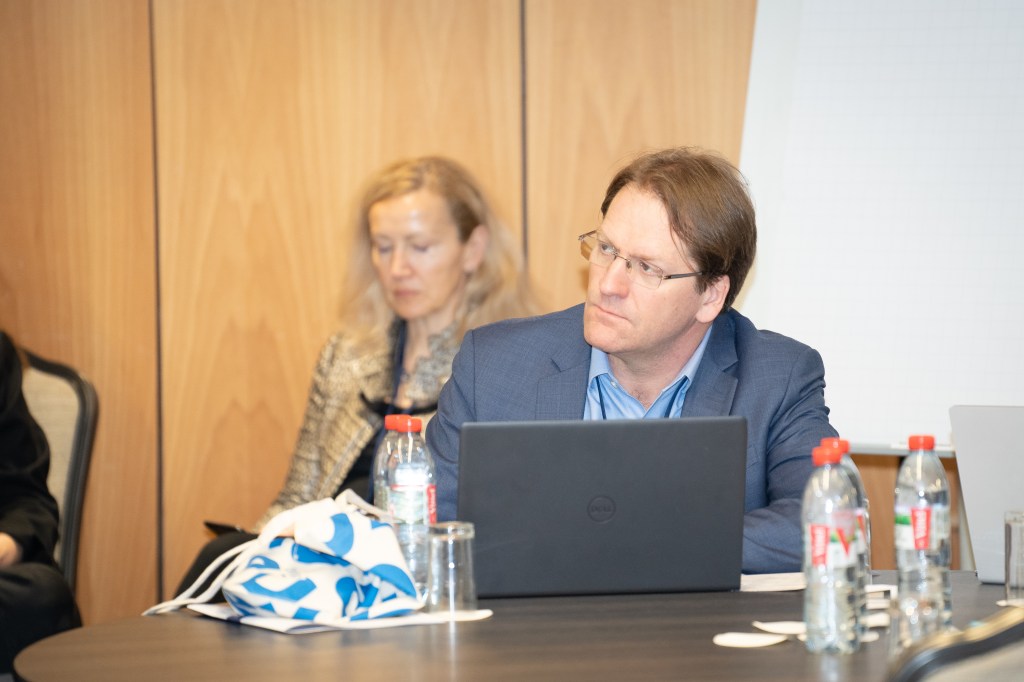

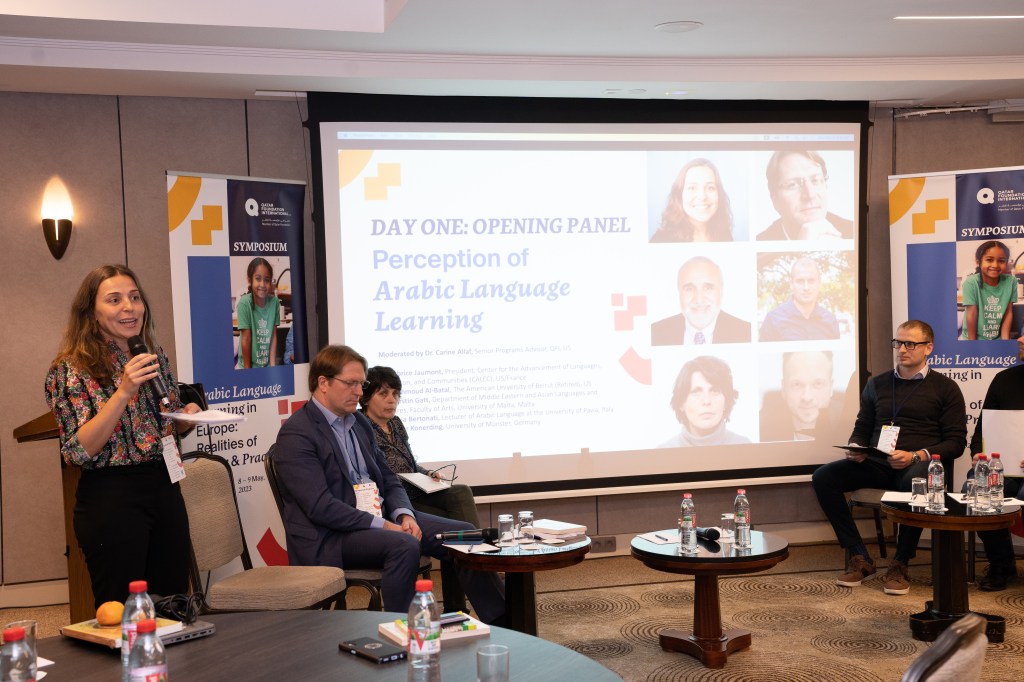
Following the symposium, I was invited to write a blog post for QFI’s website. It can be accessed here:
